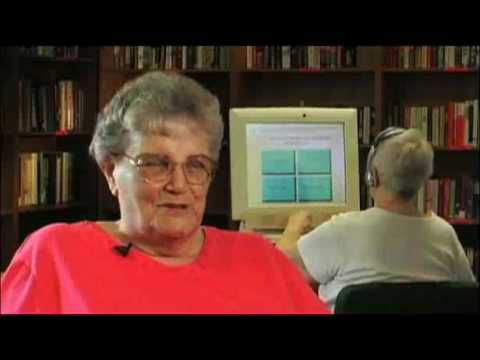As more advances in medicine are being made the average lifespan of people in the United States keeps rising. Now the Baby Boomer generation has joined the AARP generation and is starting to experience slight loss of memory. They are beginning to worry they may develop Alzheimer’s or other forms of dementia, and are searching for ways to turn back the clock on their brains as well as their bodies. Using memory training will not keep you from getting Alzheimer’s but it could delay it.
Our brains peak when we are in our late twenties, and after that we all start to have periodic brain “cramps,” that include forgetting words, blanking out at a name, misplacing our keys or missing appointments. As a matter of fact, 80% of doctors surveyed said their patients over thirty complain about memory loss. It doesn’t mean they are on the path to mental decline. According to Dr. Fergus Craik of the Rotman Research Institute has this to say, “Memory processes are not lost to us as we age…The mechanism is not broken, it’s just inefficient.” Most of those inefficiencies are short-term memory. You can combat this and improve your memory with memory training.
A survey by the Dana Foundation revealed that nearly seven out of ten adults are worried about memory decline. Then, I ask, why would they wait until they are in your 50’s and 60’s to start a brain exercise program? It is easier to try to preserve your memory while you still have it than to wait until your brains start to atrophy before you start. That being said, once you make the decision to do something to improve your memory it can’t do anything but good. We can sit back and let genetics control your future, or you can do something now by building up your brain muscles.
The brain is an amazing thing. It is able to rejuvenate itself when you put it through brain exercises and memory training. Although the average adult brain contains over a 100 billion connections between brain cells, it loses around 100,000 a day. By doing brain exercises to create new connections, and strengthen the ones that already exist, you are turning back the clock on your brain.
It’s time you begin to think of your brain health as you do your body health. Begin by engaging your mind in a planned program that includes brain exercises. Your brain thrives on challenges and novelty. Do something that it will have to work at. That means if you usually work in the field of math and science, try doing something in art. Learn a new hobby, write a short story or learn a new skill — like skiing. If you are not doing it now, become socially active. Do volunteer work, play cards or join a book club. Of course, on my my top recommendations is learning the method of loci or memory palace which is the basis of memory training. Why not consider participating in the USA Memory Championship or World Memory Championship at least as a hobby to keep your brain and memory quick.
Do not exclude proper nutrition and physical exercise. The right diet will stop plaque from forming in your veins and the exercise gets your blood and oxygen pumping throughout your brain.
This is Ron White, two-time USA Memory Champion , memory training expert, and memory keynote speaker. By regularly exercising your brain you should be able to see an improvement in your memory — which could extend your brain life. For additional help you can check out my CDs on memory training.
Sources:
BrainFit — 10 minutes a Day for a Sharper Mind and Memory, by Corinnel L. Gediman with Francis N. Crinella, Ph.D.



